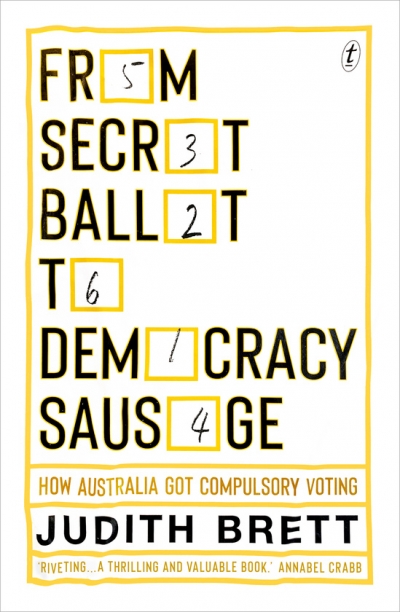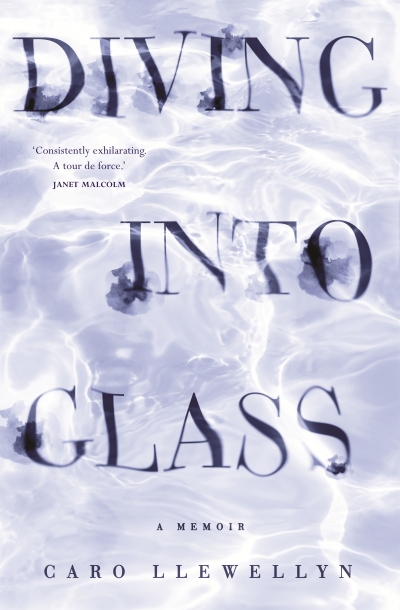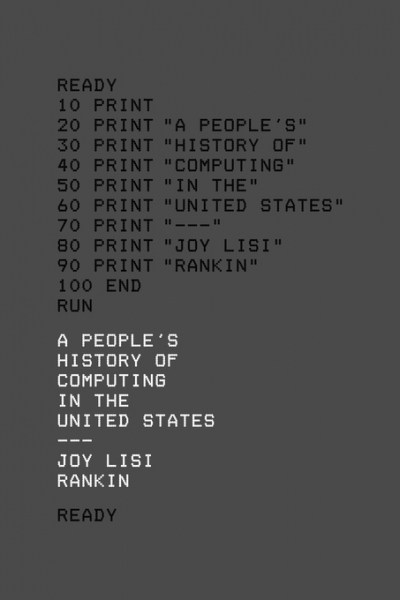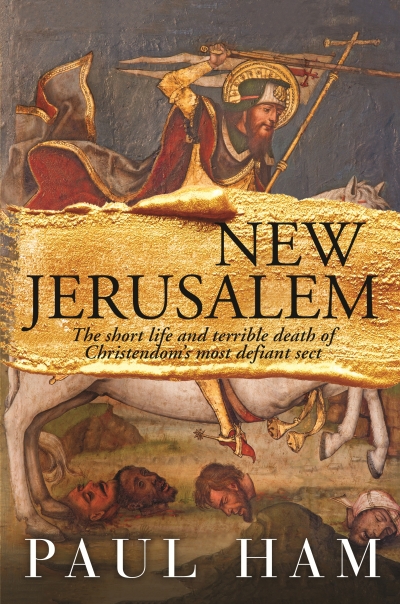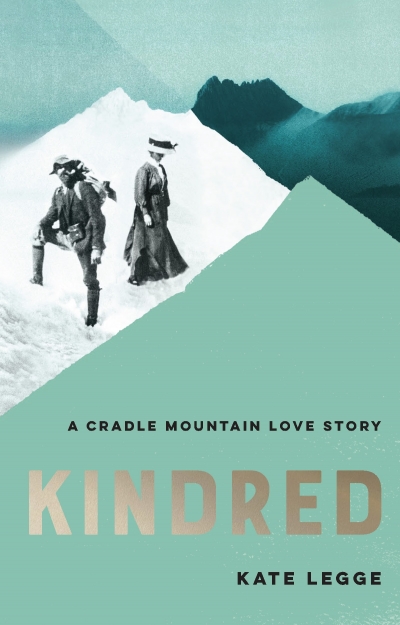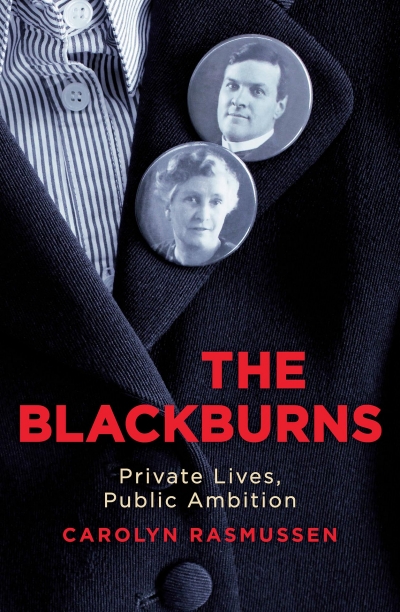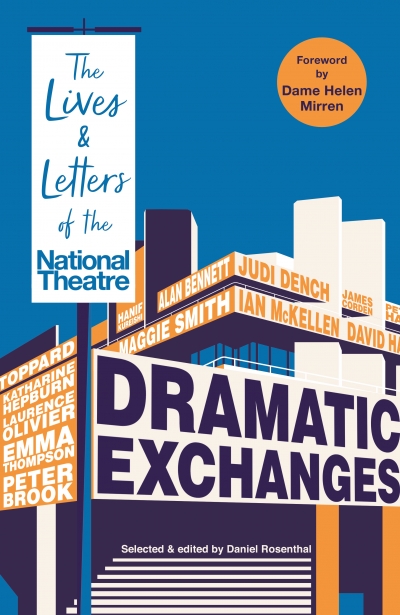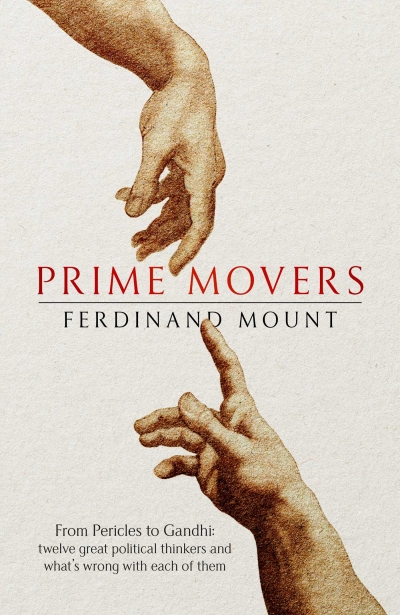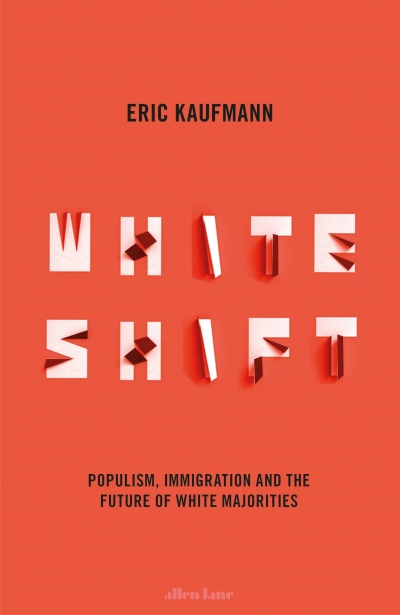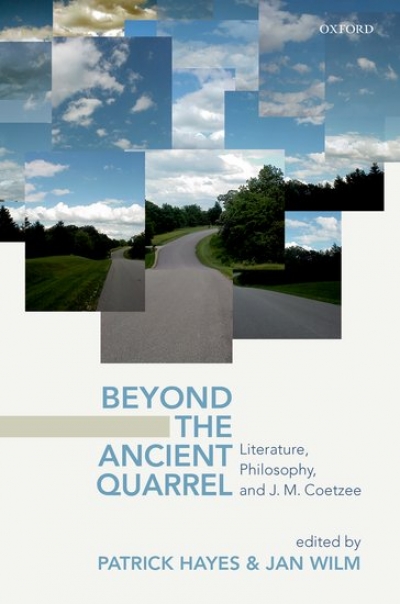Non Fiction
From Secret Ballot to Democracy Sausage: How Australia got compulsory voting by Judith Brett
In July 1924, a Tasmanian senator from the conservative Nationalist Party, Herbert Payne, introduced a bill to bring about compulsory voting in Australian national elections. His proposal aroused little discussion. Debate in both the Senate and the House of Representatives – where another forgotten politician ...
... (read more)Memoirs of illness are tricky. The raw material is often compelling: dramatic symptoms, embarrassing public moments, and unavoidable relationship pressures. The challenge is to share that raw material in a new way. Not every memoir needs to turn on the conceit that illness is an obstacle that must be overcome ...
... (read more)A People’s History of Computing in the United States by Joy Lisi Rankin
According to most accounts, the history of computing is a triumph of enterprise. This story starts in the 1950s and 1960s with commercial mainframe computers that, one stack of punch-cards at a time, assumed business tasks ranging from managing airline reservations to calculating betting odds ...
... (read more)The link between fundamentalist religion, violence, and madness is well established. The conviction of absolute truth becomes especially toxic when believers are convinced that the end of the world is nigh. This is exacerbated in times of major socio-economic change and political instability, such as during the Protestant Reformation ...
... (read more)Early on in Kindred: A Cradle Mountain love story, the journalist and walker Kate Legge dwells on an ‘extraordinary coincidence’ that took place over Christmas in 1903. While the Field Naturalists Club of Victoria were on excursion to Mount Buffalo, the itinerant prophet of the National Park movement ...
... (read more)The Blackburns: Private lives, public ambition by Carolyn Rasmussen
If you were young and energetic and a believer in a range of progressive causes, Melbourne in the first three decades of the twentieth century was an exciting place. It was even better if you were in love. Doris Hordern and Maurice Blackburn, the joint subjects of Carolyn Rasmussen’s deeply researched ...
... (read more)Dramatic Exchanges: The lives and letters of the National Theatre edited by Daniel Rosenthal
What exactly is a National Theatre for? What is its purpose? What form should it take? National theatres come in many configurations. There is the four-hundred-year-old Comédie-Française serenely presiding over French culture from the Salle Richelieu. The Habima Theatre of Israel ...
... (read more)Prime Movers: From Pericles to Gandhi: Twelve great political thinkers and what’s wrong with each of them by Ferdinand Mount
Describe the twelve most influential thinkers who shaped Western political traditions. Chaos must ensue. Your list will be outrageous, but mine also. Consider whom you leave off the roll-call. Just one woman. No one from Africa or Asia. Only Jesus to represent millennia of Jewish thought ...
... (read more)Whiteshift: Populism, immigration, and the future of white majorities by Eric Kaufmann
In the wake of the unexpected Brexit and Trump votes in 2016, academics and commentators have been scratching their heads trying to work out what these extraordinary events represent. The dominant narrative is that in the wake of recession and financial crisis, those doing it tough have punished the political élites ...
... (read more)Beyond the Ancient Quarrel: Literature, philosophy and J.M. Coetzee edited by Patrick Hayes and Jan Wilm
Beyond the Ancient Quarrel: Literature, philosophy and J.M. Coetzee is a new collection of essays on J.M. Coetzee, perhaps the most important author of imaginative literature in the world today. Unifying the diverse strands of argument animating this thoughtful volume, the book’s editors, noted Coetzee scholars ...
... (read more)

